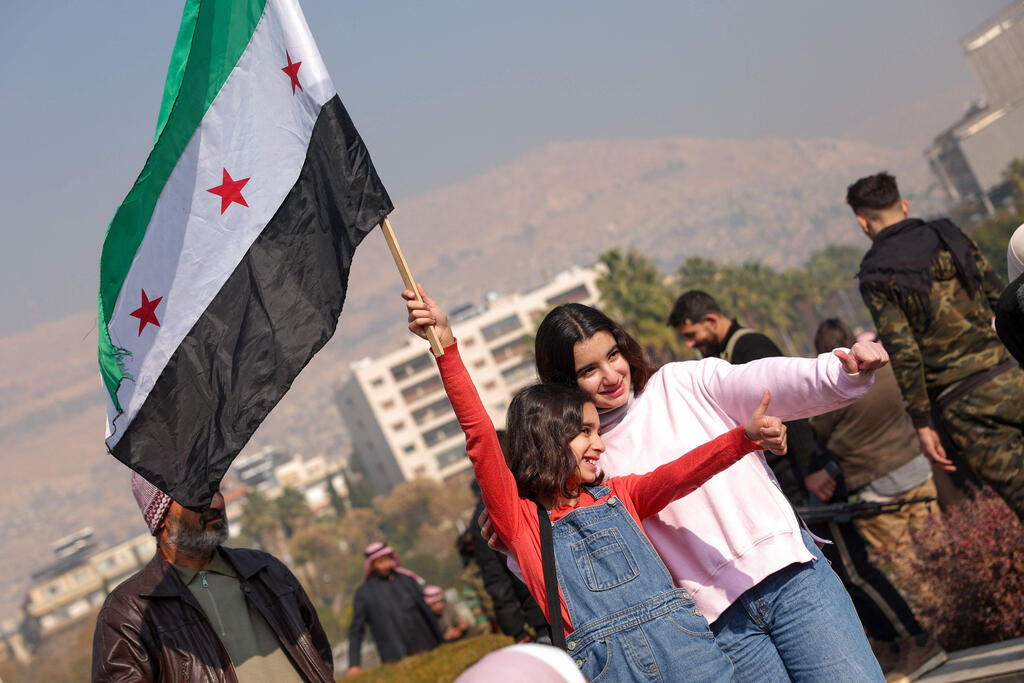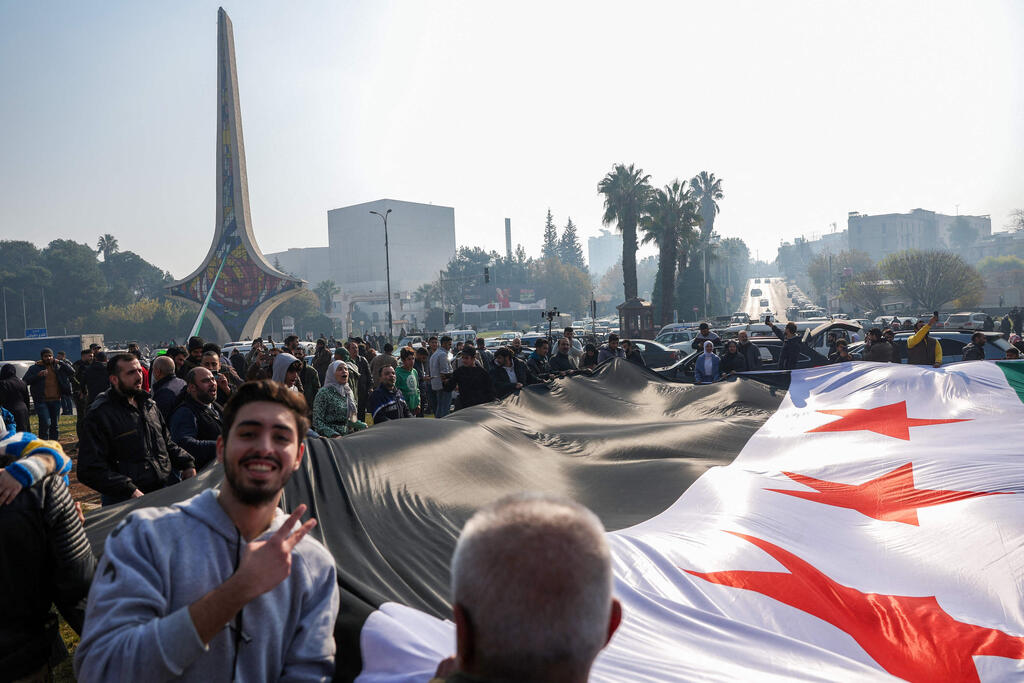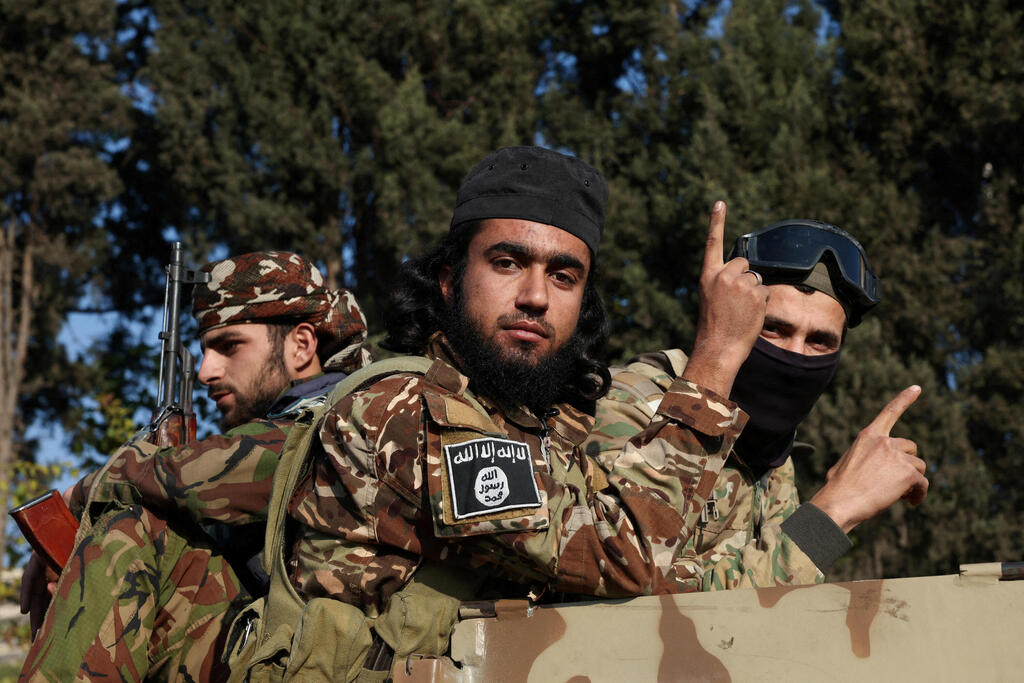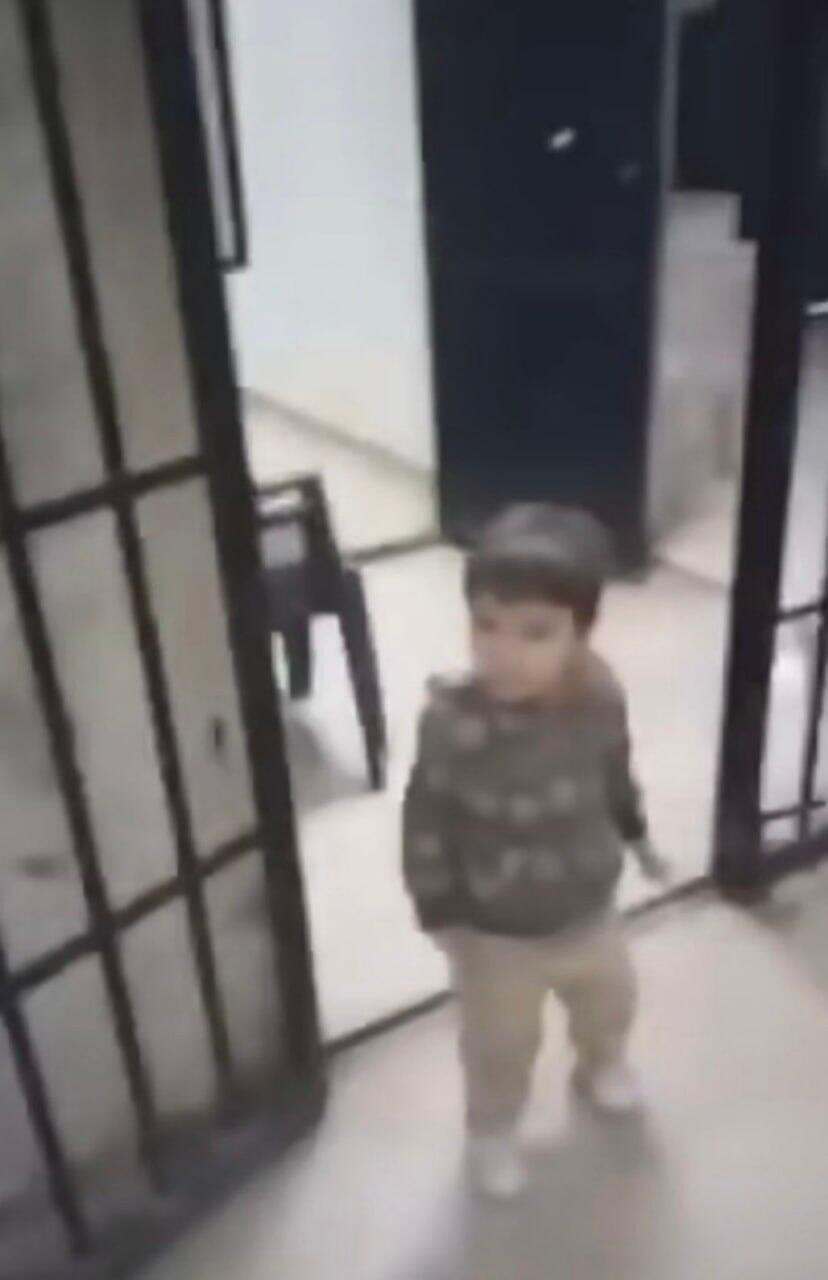Getting your Trinity Audio player ready...
A day and a half after the overthrow of Bashar Assad's regime in Syria, Russia still refuses to provide information on his whereabouts. However, senior Russian government officials had already told local media that Assad landed in Moscow and had received political asylum with his family from President Vladimir Putin.
Releasing prisoners from prison in Syria
When Kremlin Press Secretary Dmitry Peskov was asked when the fugitive dictator arrived in Russia, he replied he had nothing to say on this matter and then said that, for now, no meeting with Assad has been scheduled for Putin. Assuming that the Assads are with Putin, they will now have to build a new life in Russia with a plan to live at the same level of luxury they did in Syria.
According to estimates, Bashar Assad is currently in Russia with his wife Asma and their three children, Hafez, 24, Karim, 21, and Zain, 22. The British Daily Mail reported that the State Department estimates that Assad and his wife have a net worth of about $2 billion spread across several bank accounts, shell companies, tax havens and real estate ventures across the globe, so it is likely that they still have access to vast sums of money.
In addition, the Daily Mail said that Assad's extended family owns at least 20 apartments in Moscow, worth up to nearly $40 million, adding that Assad's uncle, Mohammed Makhlouf, has purchased 18 luxury apartments in an exclusive complex in the Russian capital in the past decade, where ministers in the Russian government and wealthy Russian businessmen also live. The Assads may live in one of these apartments or in a secure location allocated by Putin.
As Syrians took over Assad's palace in Damascus, they got a glimpse of the family's ostentatious lifestyle for the past 24 years during his rule, finding a fleet of luxury cars. Videos from the palace showed Syrian civilians and rebels wreaking havoc, looting, and setting parts of it on fire. During the past decade, reports have already sparked worldwide anger that Asma Assad, while her husband is slaughtering his own people, continues to spend a fortune on luxury goods such as handbags and clothes.
The Assad family has long been familiar with Moscow, even if they have not lived there. The deposed president has visited multiple times to meet with Putin and other Russian officials. Hafez, Assad's eldest son, studied there at university and even wrote his thesis in Russian, and just last year Asma came there to attend his graduation ceremony.
On the other hand, the move to Russia comes at a difficult time for the family, not only because of the humiliating escape from Syria. In May, Asma announced that she had been diagnosed with cancer again, this time leukemia, and that she would be required to quarantine and would be absent from events and activities. Her announcement came almost five years after she announced that she had recovered from breast cancer, which the Arab world followed closely. Some are now wondering what will happen to her treatments in Russia.
Meanwhile, in Damascus, the feeling of euphoria following the overthrow of the regime continues despite the enormous challenges that await Syria in the near future and the fear of an all-out war between the rebel organizations that carried out the military coup. Syrian residents gathered in Umayyad Square, raised the Free Syria flag, and hugged each other. Drivers passing by the square honked their horns in celebration, and rebels deployed nearby fired shots in celebration.
“It’s indescribable, we never thought this nightmare would end, we were reborn,” said Reem Ramadan, a finance ministry employee who came to celebrate in the square. “For 55 years we were afraid to speak, even at home, we used to say that the walls have ears. Now we feel like we’re living in a dream.”
Life in Damascus has yet to return to normal. There was little traffic in several neighborhoods of the capital today, and many vendors refused to open their shops. Public institutions and schools also remained closed, and rebel forces deployed near the central bank. “Thank God, we were liberated,” said 61-year-old Amr al-Dabbas, who arrived in Umayyad Square. “Now we are waiting for things to slowly improve.”
Still, no one knows who will rule Syria and what kind of regime they will lead. The force that appears to be the strongest at the moment is Hayat Tahrir al-Sham, a jihadist organization formerly known as Jabhat al-Nusra, an affiliate of al-Qaida in Syria. It has led the rebels on a campaign of conquests and victories over the past two weeks that has led to the fall of the regime, and its leader Abu Muhammad al-Julani entered Damascus on Sunday as a victor. Over the past week, al-Julani has made an effort to put on a moderate mask, but the West still views him with suspicion and wants to make sure that he does not seize the opportunity to establish an extremist Islamist regime in Syria.
On Sunday, U.S. President Joe Biden said that although al-Julani's people are currently saying "the right things," they will be judged by their actions, not their statements. On Monday, Germany joined this statement, warning against excessive optimism. The German spokesman emphasized that Hayat Tahrir al-Sham will have to be supervised although having made efforts to distance itself from its jihadist origins and to establish civilian structures.
In the meantime, Syrians continue to search for their loved ones in Saydnaya prison north of Damascus in secret cells where people are still supposedly being kept. On Sunday, Assad's opponents were seen trying to break down walls and doors, and on Monday they were joined by the White Helmets aid organization, including experts and sniffer dogs.
In a post on X, the White Helmets announced that it would give a $3,000 reward to anyone who provides information that will directly lead to the discovery of hidden cells in the prison. The organization promised anonymity for former prison personnel and security forces if they provide it with the necessary information. The White Helmets asked prisoners' families searching for their loved ones not to dig through the prisons themselves, as this could damage the physical evidence needed to bring the fallen regime's criminals to justice.
The Saydnaya prison, located about 30 kilometers north of Damascus, is considered by many to be one of the main symbols of the Assad regime's oppression. This prison, which opponents of the regime have described as a "human slaughterhouse," has been used to house thousands of regime opponents since 2011, including armed members of the rebel organizations, non-violent protest activists and military personnel suspected of opposing Assad.
Get the Ynetnews app on your smartphone: Google Play: https://bit.ly/4eJ37pE | Apple App Store: https://bit.ly/3ZL7iNv
According to a report published in 2017 by the human rights organization Amnesty International, up to 13,000 regime opponents were hanged to death in Saydnaya prison between 2011 and 2015.












